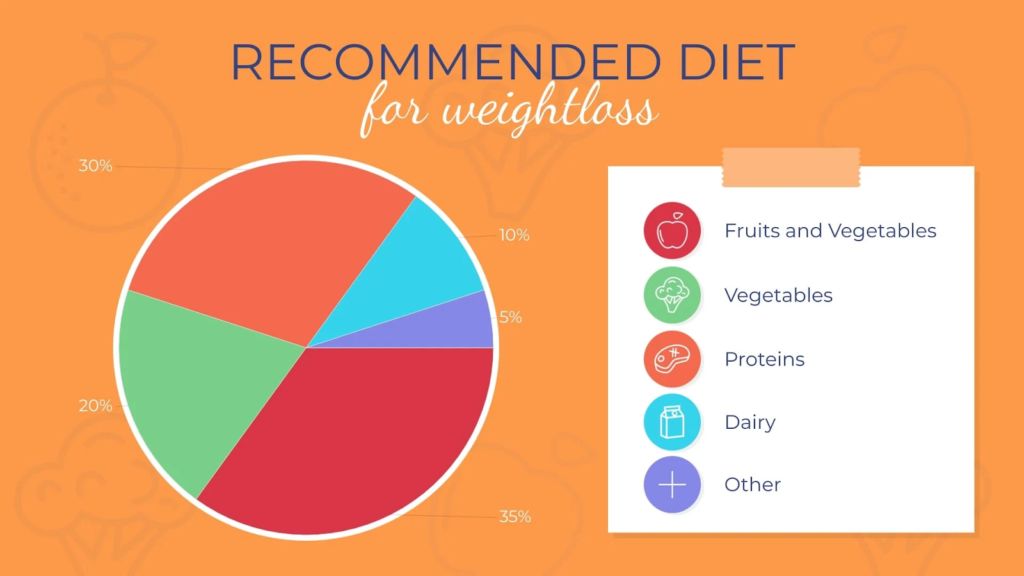
In this era of health consciousness, many people are focussing on improving their diets and general well-being. So the idea of visiting a dietician is becoming quite popular. Many wonder if visiting them is really worth it. Come learn about the upsides and downsides of visiting a dietician.
What Are The Benefits of Visiting Dieticians?
The benefits of visiting dietitians are personalized nutrition advice, helping manage health conditions, improving dietary habits, and supporting overall wellness with expert guidance.
Dietitians develop individualized nutrition plans for people according to their specific medical needs, goals, and lifestyle factors. Their teachings may involve weight management strategies, disease prevention methods, exercise nutrition advice, etc.
Dietitians are experts at providing evidence-based nutrition recommendations that are based on scientific findings. Their suggestions are supported by extensive research and modern nutritional science.
Changing eating habits can be difficult, and many people find it hard to make permanent dietary changes alone. A dietitian provides support, which is necessary for behavior change.
If you work with a registered dietician, you are more likely to make long-lasting improvements in your dietary patterns.
Can Dietitians Help Manage Diseases?
Yes, dietitians help manage diseases by providing tailored nutritional plans, improving dietary habits, and supporting overall health for various conditions.
For individuals who have chronic illnesses like diabetes, hypertension, or kidney disease, good nutrition helps them control symptoms and enhance overall health. A registered dietitian can work closely with your medical team to develop a meal plan that fits well.
Your health, energy levels and general well-being can all be seriously affected by nutritional deficiencies. A dietitian will inspect your eating habits and discern nutritional gaps in it.
People following very limited diets such as vegetarians or vegans can get more benefits from this approach. A dietitian will for a detailed plan which will help you stick to your eating habits while getting all the necessary nutrition required to stay fit and healthy.
What Are The Potential Disadvantages Of Dietitians?
Potential disadvantages of dietitians include high costs, limited insurance coverage, variability in effectiveness based on individual needs, and possible difficulty in accessing services depending on location and availability.
When deciding on seeing a RD one of the main things people need to consider is the price attached to it. Some insurance plans offer coverage for nutrition counseling but this varies greatly among different programs. Understand the services provided by your insurer and directly ask them about their policies.
For people without insurance coverage, expenses incurred when visiting a dietician are quite heavy.
For those who resist change or have established eating habits that are deeply ingrained, visiting with a nutrition expert can be difficult. Open-mindedness to trying new foods and lifestyle changes is necessary for successful nutrition counseling experience.
Can Visiting Dietitians Be A Waste Of Time?

Visiting dietitians can be a waste of time if you don’t follow their advice, have unrealistic expectations, or seek quick fixes rather than making long-term, sustainable dietary changes.
Like any other healthcare provider, it is important to find a dietician who shares your goals, communication style, and values. Nevertheless, for individuals expecting immediate outcomes, this may be extremely frustrating as finding the right dietitian can take some time.
Hence, it’s crucial to research potential experts by reading reviews and planning initial consultations.
Dealing with a dietician might take many sessions over time. This type of arrangement may seem daunting for some busy individuals who prefer being self-guided in terms of their eating habits.
On the other hand, investing in dietary advice can result in long-term gains and save money spent on future healthcare issues, too.
What do I need to know before seeing a dietitian?
Before seeing a dietitian, gather your health history, current medications, dietary habits, and specific goals. Be prepared to discuss any medical conditions or concerns to receive tailored, effective advice.
There are many things that you should find out prior to going for a dietitian’s appointment. Before visiting a dietician, gather your past medical history, medications you are currently on, and any dietary restrictions.
Keep a food diary to show your eating habits for a few days. Set specific health goals and be ready to talk about your lifestyle and preferences. One can also benefit from knowing their health insurance plan covers dietitian services.
What happens at the first dietitian appointment?

At the first dietitian appointment, you’ll discuss your health history, current eating habits, lifestyle, and goals. The dietitian will assess your needs and create a personalized nutrition plan.
During the first appointment with the dietician you will be asked about your previous medical records, current dietary patterns, way of life and objectives (goals). This could involve measurements of your height and weight.
You will get individualized recommendations regarding nutrition possibly even including meal plans. It is an interactive session where realistic goals are set and follow up schedules are set to monitor progress.
What happens when you go to a dietitian?
When you go to a dietitian, you discuss your health history, eating habits, and goals. The dietitian assesses your needs and creates a personalized nutrition plan to address your specific concerns.
This involves in-depth discussions about one’s eating habits, lifestyle choices and any health concerns. The nutrition expert will evaluate what nutrients one needs, give them advice that caters specifically to them, and then create practical strategies that would enable them to achieve good health again.
Follow-up appointments may be suggested so that adjustments can be made whenever necessary depending on how the patient has been progressing.
Conclusion
Visiting a nutritionist might turn out to be an investment worth making for one’s general well-being and health status improvement. Such personalized guidance based on scientific evidence and continued support may result in sustainable changes in both one’s eating habits and general body fitness levels. Nonetheless, when deciding if taking nutritional therapy is right for you, it is essential not only to consider these points but also the cost implications involved, the time commitment required, and your willingness toward change.
